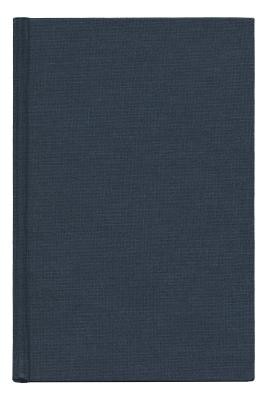
- We will send in 10–14 business days.
- Author: Valeria Sobol
- Publisher: University of Washington Press
- ISBN-10: 0295988959
- ISBN-13: 9780295988955
- Format: 15.2 x 22.9 x 2.2 cm, hardcover
- Language: English
- SAVE -10% with code: EXTRA
Reviews
Description
The destructive power of obsessive love was a defining subject of eighteenth- and nineteenth-century Russian literature. In Febris Erotica, Sobol argues that Russian writers were deeply preoccupied with the nature of romantic relationships and were persistent in their use of lovesickness not simply as a traditional theme but as a way to address pressing philosophical, ethical, and ideological concerns through a recognizable literary trope. Sobol examines stereotypes about the damaging effects of romantic love and offers a short history of the topos of lovesickness in Western literature and medicine.
Read an interview with the author: http: //www.rorotoko.com/index.php/article/valeria_sobol_interview_febris_erotica_lovesickness_russian_literary_imagin/
EXTRA 10 % discount with code: EXTRA
The promotion ends in 20d.06:41:54
The discount code is valid when purchasing from 10 €. Discounts do not stack.
- Author: Valeria Sobol
- Publisher: University of Washington Press
- ISBN-10: 0295988959
- ISBN-13: 9780295988955
- Format: 15.2 x 22.9 x 2.2 cm, hardcover
- Language: English English
The destructive power of obsessive love was a defining subject of eighteenth- and nineteenth-century Russian literature. In Febris Erotica, Sobol argues that Russian writers were deeply preoccupied with the nature of romantic relationships and were persistent in their use of lovesickness not simply as a traditional theme but as a way to address pressing philosophical, ethical, and ideological concerns through a recognizable literary trope. Sobol examines stereotypes about the damaging effects of romantic love and offers a short history of the topos of lovesickness in Western literature and medicine.
Read an interview with the author: http: //www.rorotoko.com/index.php/article/valeria_sobol_interview_febris_erotica_lovesickness_russian_literary_imagin/


Reviews